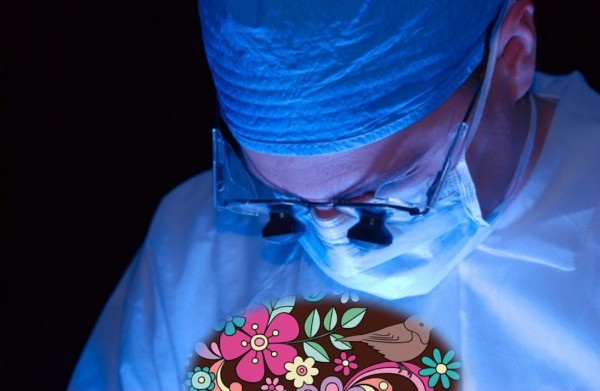
For the family, requesting an autopsy is always an emotional choice. I don’t mean that the family is always upset when they request an autopsy. I mean that the request is always based on some emotional need for closure. This is in some ways different from what motivates physicians and hospitals to request autopsies (although there are emotions behind that, too); and completely different from the legal criteria that drive coroner and medical examiner autopsies — no emotions there.
Meet David (name altered), spokesman for his two brothers — all adult children living scattered around the country. Their father has long since died, and none have been in touch with their mother except for an occasional obligatory call barely wetting a parched, ten year stretch without visits.
The mother is older but managing: volunteer work, bridge games with friends on Saturdays, church, and a comfortable flat.
An unanswered call to the mother by a friend after a missed bridge game prompts a call to the police a day later; and then a break-in to the mother’s apartment by paramedics. The EKG pads placed on her body are an obligatory electronic documentation of the chest’s silence, obvious from a distance when the paramedics find her.
David doesn’t care about the story. He is clear: his mother is dead and he and his brothers just want to know if there was anything inherited for them and their families to know about. The autopsy they are requesting is “strictly” for purposes of looking for genetic conditions. They want to plan for their health.
Matter-of-fact business and just-have-me-sign-the-form practically set the tone of his distant engagement. This family wants the data from the autopsy and nothing more – nothing from me.
I take note. This is unusual. It’s rare to meet a family that seems cold to condolences and insensitive to the invasiveness of the experience: a stranger’s hands deeps inside their loved one. It’s a process I respect — performing the autopsy, a final gift of intimacy, is an honor. It’s a request that comes with difficulty for many families.
The mother’s autopsy proceeds “routinely” from a medical point of view — severe blockages in the coronary arteries give plenty of reason for the heart to have stopped.
I prepare myself for the follow-up call to the family. I imagine the discussion will center on whether there was evidence for inherited high cholesterol or if the blockages were more related to life style (dietary) factors.
I start in with my descriptions and explanations — which vessels, what blockages, the health of the rest of the body. But when I pause to see if David has any questions, he is crying.
“Do you think she suffered? When do you think she died?”
I am surprised but understand immediately that I should not be. The feelings that drove her children’s physical and emotional distance have given way to the unbreakable bond underneath: that of mother and son. Ten years of distance could not make that go away. Nor could one hundred.
Imagining her dead in her flat, David is desperate for more than what the paramedic’s note-sheet can offer; not knowing what happened during that overnight gap is unbearable to him. He does not want to imagine his mother too sick – or injured from a fall – to call for help. He wants to know if I can tell him that the death was sudden and painless or something else. I wonder if guilt from their years-long separation makes it even harder for him to imagine her alone, aware and helpless in her last hours.
We continue to talk together. David, step by step, tries to understand what all the details mean for what we can know about that overnight stretch. Step by step, he is walking across the autopsy’s long and dangling bridge of facts and relationship back to his mother.
The autopsy is always an emotional choice.
